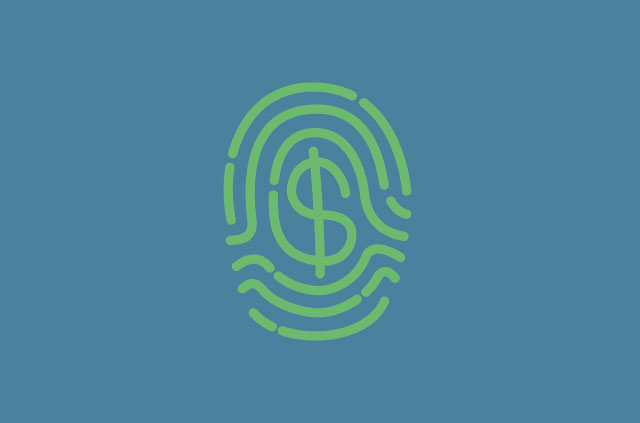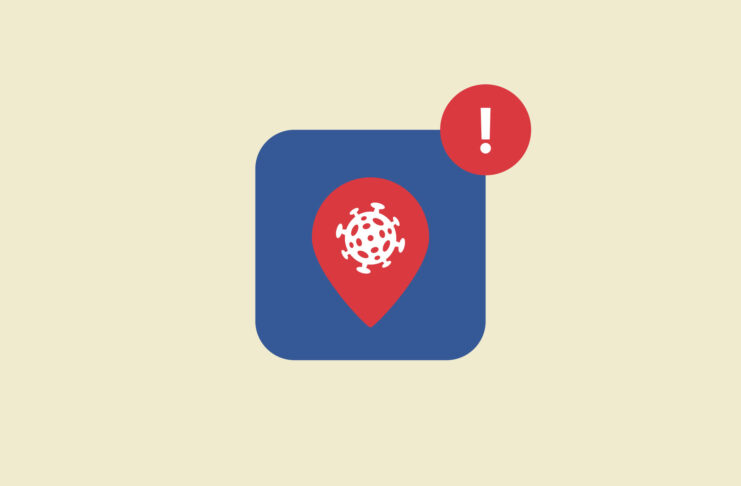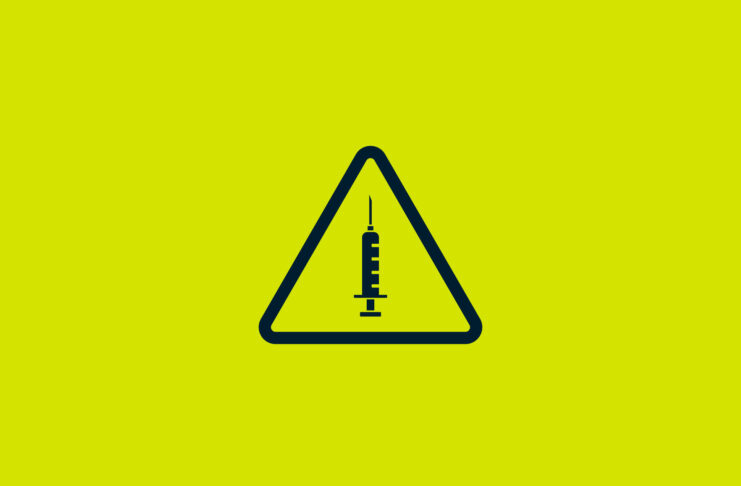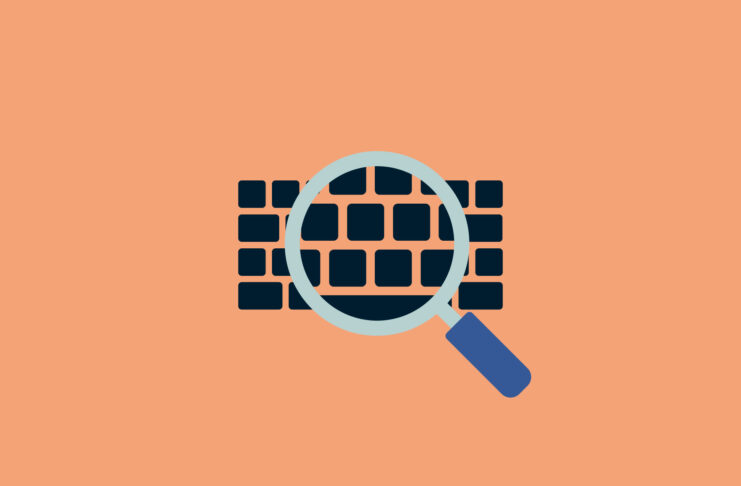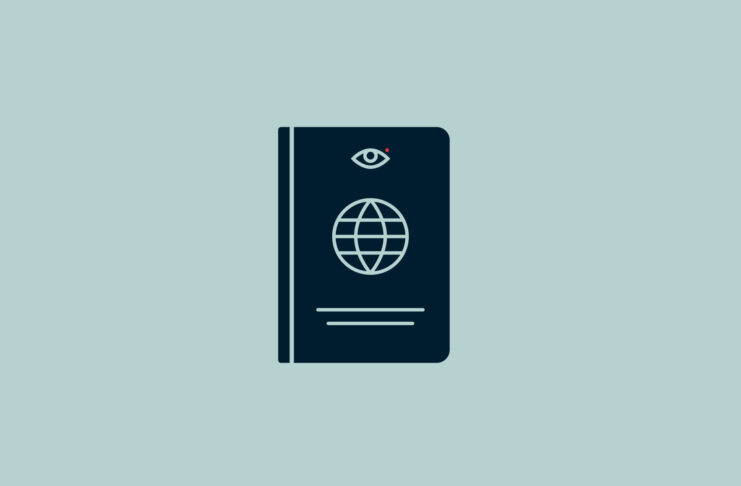By far the biggest offenders when it comes to mining your data are not governments or police, but rather advertising agencies. They will buy up your credit card history from your bank, embed trackers into the web pages they visit and trick you into downloading tools that monitor your behavior as much as they can.
The goal: to learn about your consumption behavior and to predict not only what you want to purchase at what time, but also how much you are willing to pay for it. Every good and service has value to you, something that economists call ‘reservation price.’
What is your reservation price?
Your reservation price is the exact amount you are maximally willing to pay for a product. The further below the reservation price you are able to acquire a product, the more beneficial the trade is for you.
Your reservation price for a good might change all the time. When you are returning from a long hike you are willing to pay more for water than at other times. If you are in a hurry you might be willing to pay more for a ride than when you have time.
If an advertising agency knows enough about you, it might be able to make a good guess about what your exact reservation price is for a charging cable, a flight or a hotel room. They will be able to always charge exactly as much as something is worth to you. No more bargains, no more price transparency, with all the value generated from trade and exchange ending up with the merchant.
In the physical world such massive price discrimination is difficult to execute. It might be difficult to identify customers before their purchase (as opposed to at the point of payment via credit card), and even more difficult to quote every customer a different price.
Online, however, this can be easy, as customers are easily identifiable through their accounts, email addresses, saved cookies and IP addresses. A website might even be able to identify you with just your browser.
Consider the following tactics to stay anonymous online:
Use a VPN
A VPN will hide your IP address from the site you are visiting, making it hard to identify your income by ZIP code or correlate your searches from previous visits. You can also switch servers to see prices for visitors from various countries, which can be an advantage especially on travel sites. For online shopping, be careful with free VPNs or Tor, as your web traffic might be mixed with those of scammers, and your payment might be declined as a result.
Clear your cookies or use an incognito window
Your browser’s incognito mode will not make you perfectly anonymous by itself, but it will open a new window without any existing cookies. This makes it even harder for sites to correlate your visit with previous visits to find out what you commonly shop for. When you close your incognito window all its cookies get automatically deleted, and when you open it again you start off fresh.
Use an ad blocker
You can use an ad blocker such as Ublock Origin (Chrome, Firefox, Opera) as a browser extension to not only block you from seeing ads but also prevent advertisers from learning about your habits. The EFF’s Privacy Badger can also help with further restricting your browsing experience.
There’s a very tangible benefit to protecting your privacy. By preventing companies from learning about your spending habits, you will get better deals in the long run and make it impossible for companies to discriminate against you by charging you higher prices.
